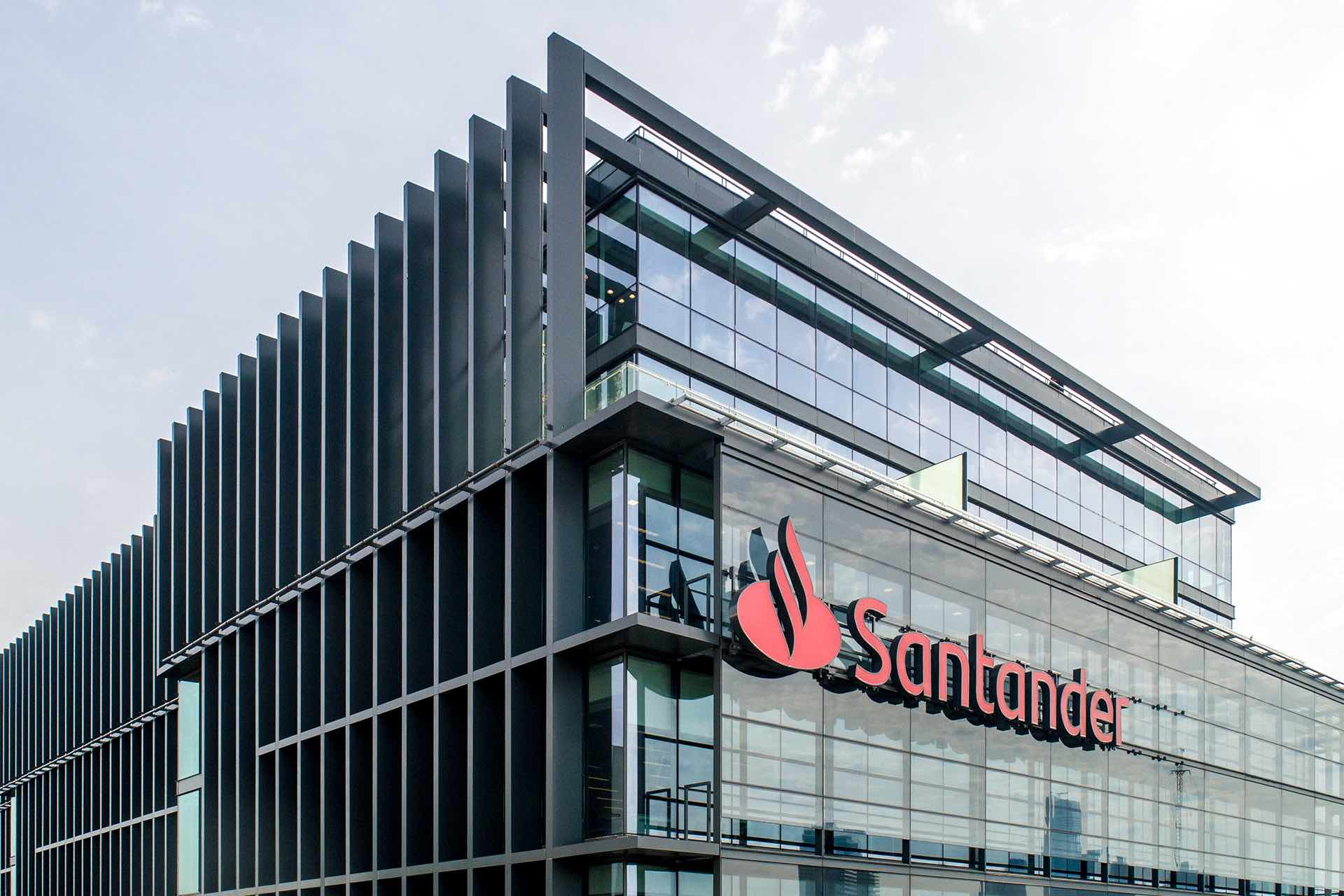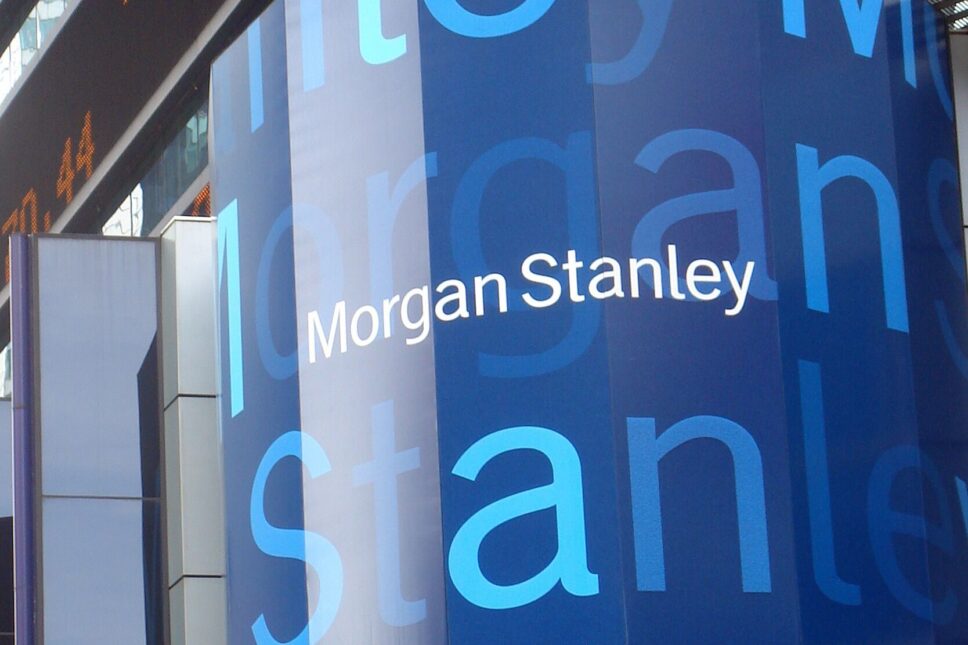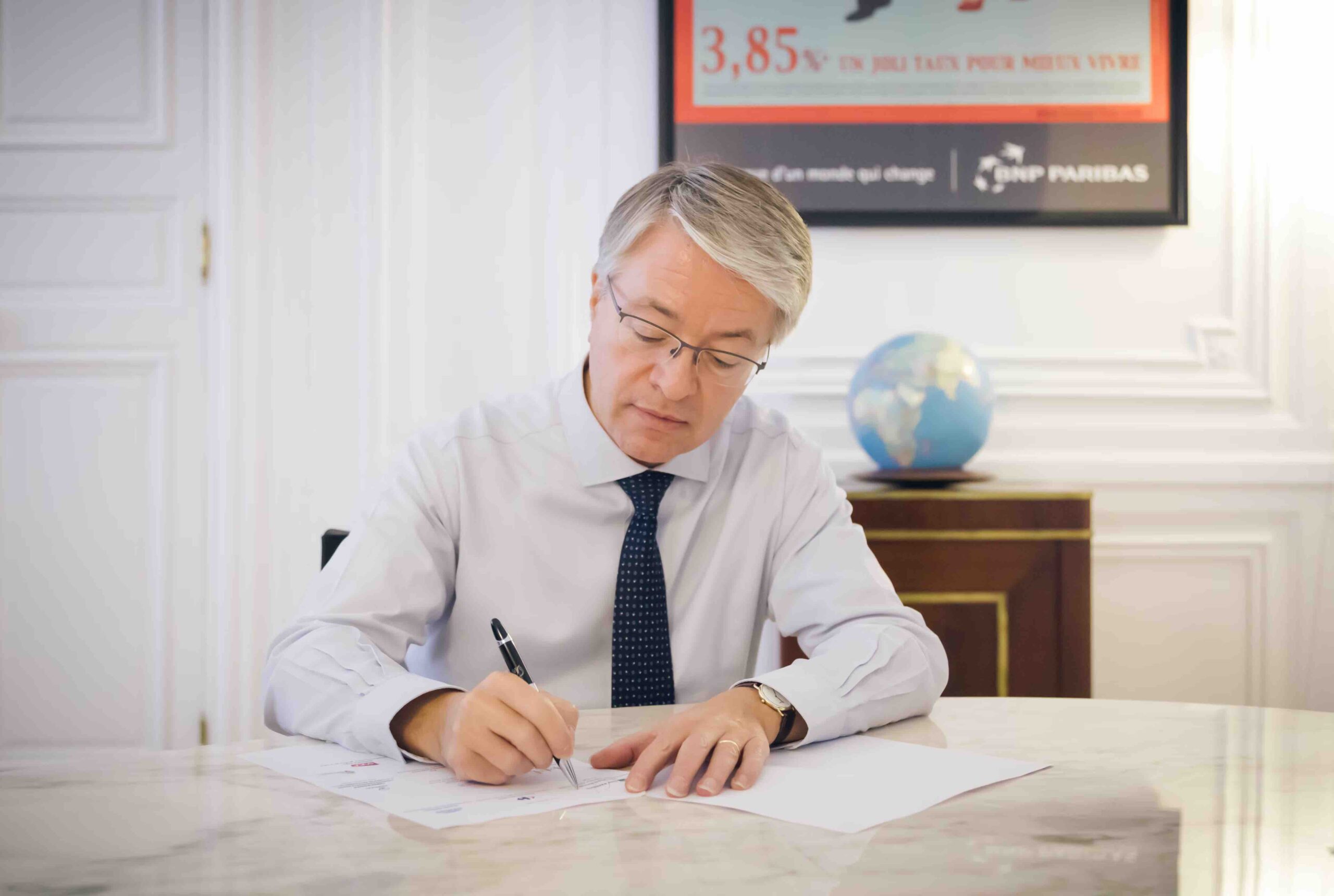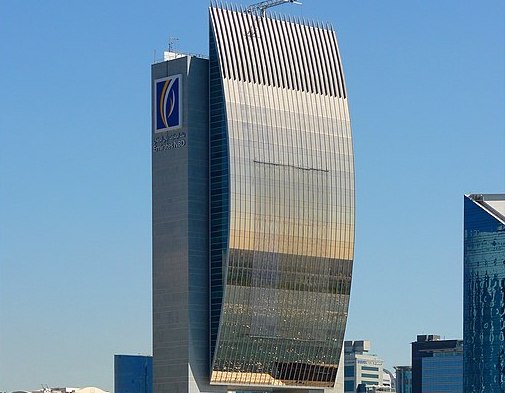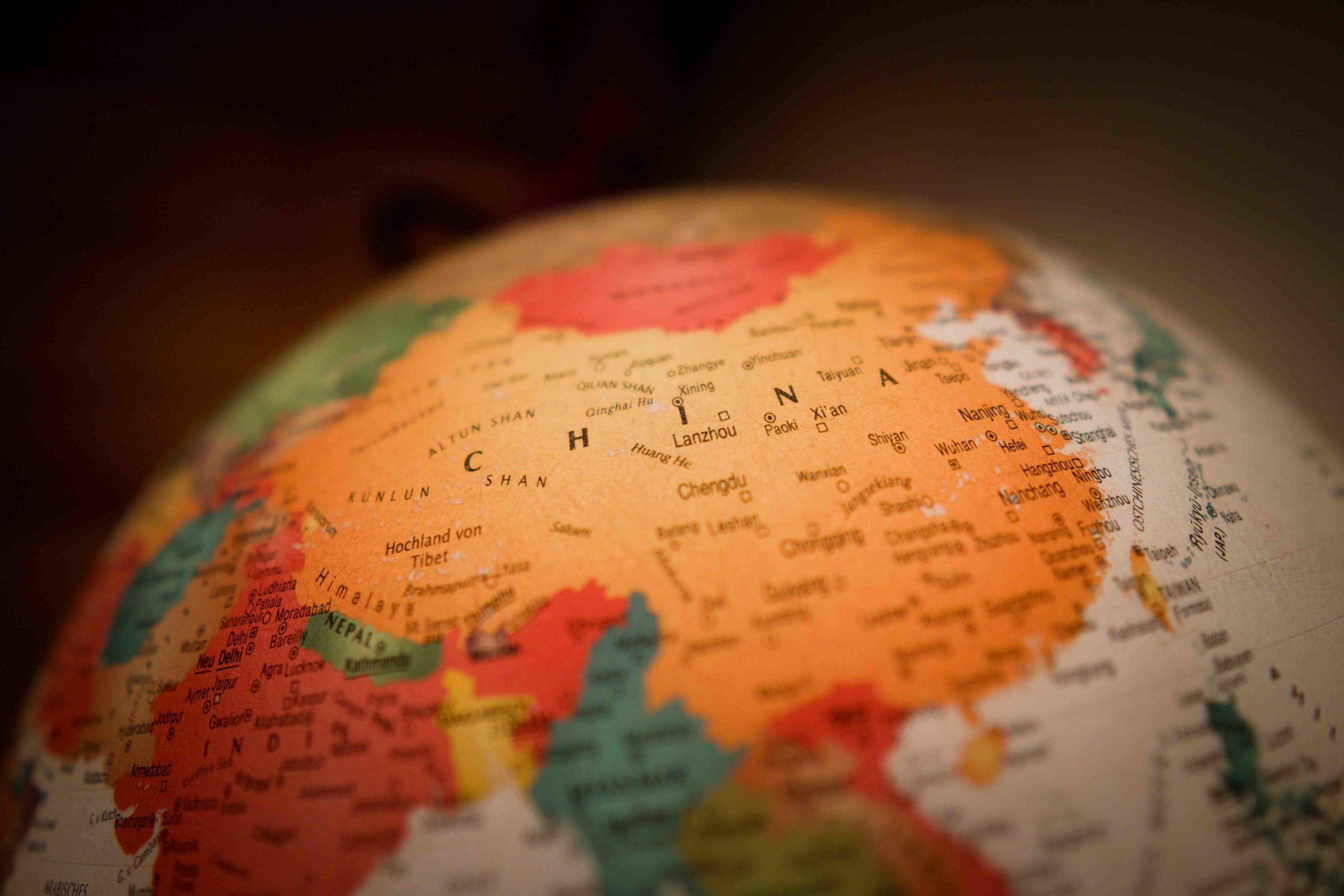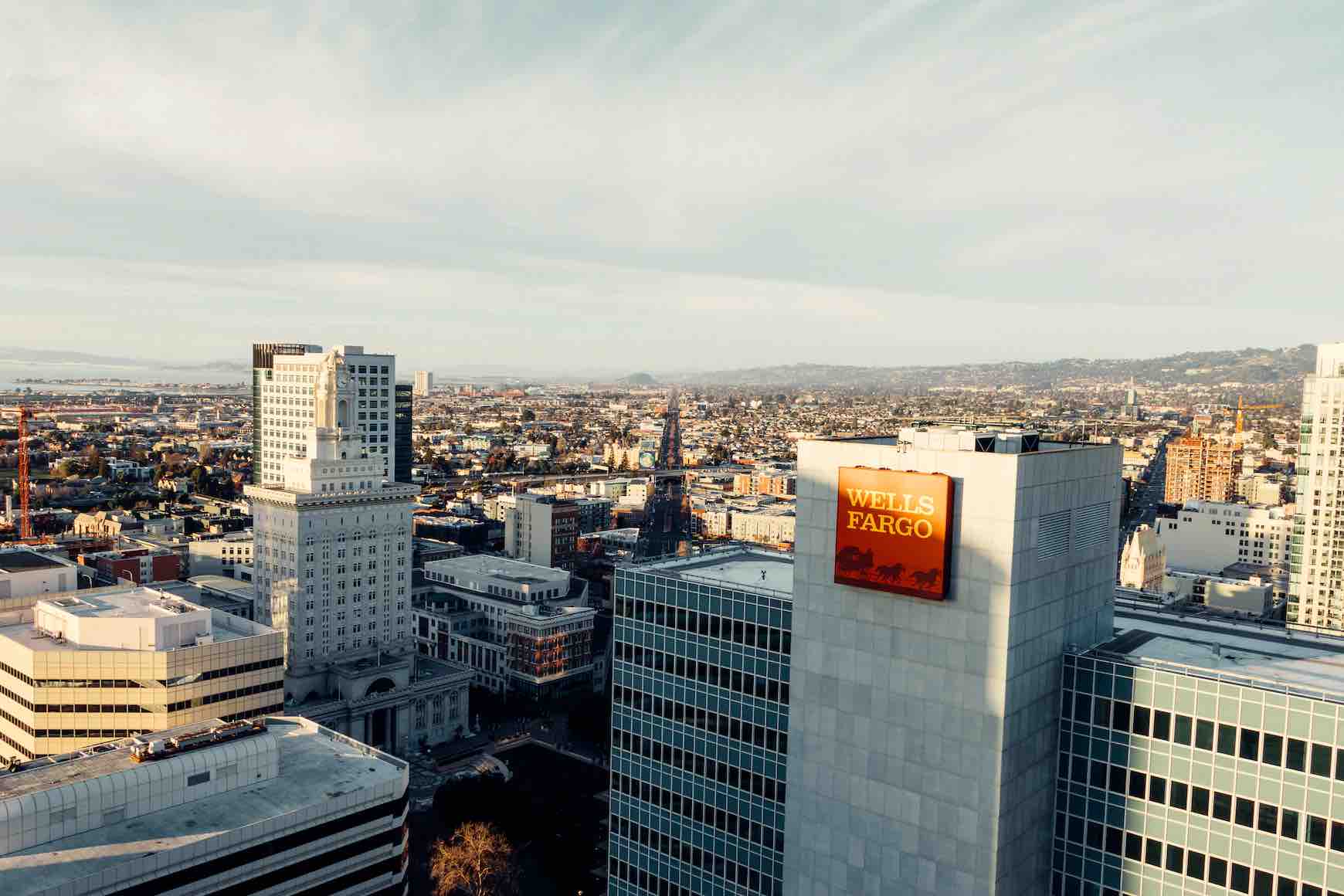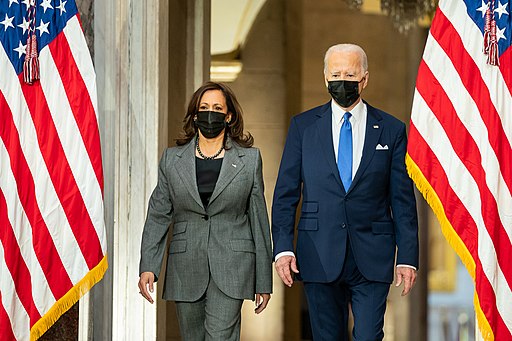Main Menu
- Top News
-
Santander, Iberpay join New Cross-Border Payment Scheme
May 20, 2024 -
Morgan Stanley Reveals $269m Investment in Spot Bitcoin ETFs
May 20, 2024 -
Snap to Ramp Up AI Investment Following Lag in Technology
May 20, 2024 -
Venture Capital Investment in Crypto Rebounds in Early 2024
May 20, 2024 -
Paystack reaps big from payments pivot
May 20, 2024
- Regions
- Banking
-
Santander, Iberpay join New Cross-Border Payment Scheme
May 20, 2024 -
U.S. Fed Consider Easing Capital Requirements for Major Banks
May 20, 2024 -
Russian Court Seizes Assets of German Banks
May 20, 2024 -
BNP Paribas CEO Doubts Revival of M&A in European Banking
May 17, 2024 -
Emirates NBD taps Pine Labs for Merchant Acquiring Services
May 17, 2024
- Investment
-
Morgan Stanley Reveals $269m Investment in Spot Bitcoin ETFs
May 20, 2024 -
Venture Capital Investment in Crypto Rebounds in Early 2024
May 20, 2024 -
World Bank to Launch CHF 200 Million Digital Bond
May 20, 2024 -
Chinese Police Bust $1.9bn Underground Banking Scheme
May 17, 2024 -
JPMorgan, Wells Fargo launch first Bitcoin investment
May 15, 2024
- Infrastructure
-
Bipartisan infrastructure project updates released
May 15, 2024 -
Ukraine Plans Record Electricity Imports
May 13, 2024 -
Angola Plans 2025 International Tender
May 13, 2024 -
Amazon to Invest $9bn in Singapore to Expand Cloud Infrastructure
May 8, 2024 -
Amazon Web Services to Invest $11 Billion in Indiana
April 26, 2024
- Tech
-
Santander, Iberpay join New Cross-Border Payment Scheme
May 20, 2024 -
Snap to Ramp Up AI Investment Following Lag in Technology
May 20, 2024 -
Paystack reaps big from payments pivot
May 20, 2024 -
Chime Introduces New “MyPay” Feature
May 17, 2024 -
British Banks to Talk Cash Withdrawal Agreement with Post Offices
May 17, 2024
- Featured
-
Telepin: Empowering the Unbanked Through Innovation
March 29, 2024 -
Libertex: Once a Leader, Always a Leader
March 28, 2024 -
MaxFinance: Credit Intermediation Specialists
March 28, 2024 -
Pioneering sustainable horizons: Atlas Renewable Energy’s journey
March 28, 2024 -
Banco Promerica: delivering an outstanding customer experience
March 28, 2024
- Videos
- Subscribe
- Magazine
- Awards
-
